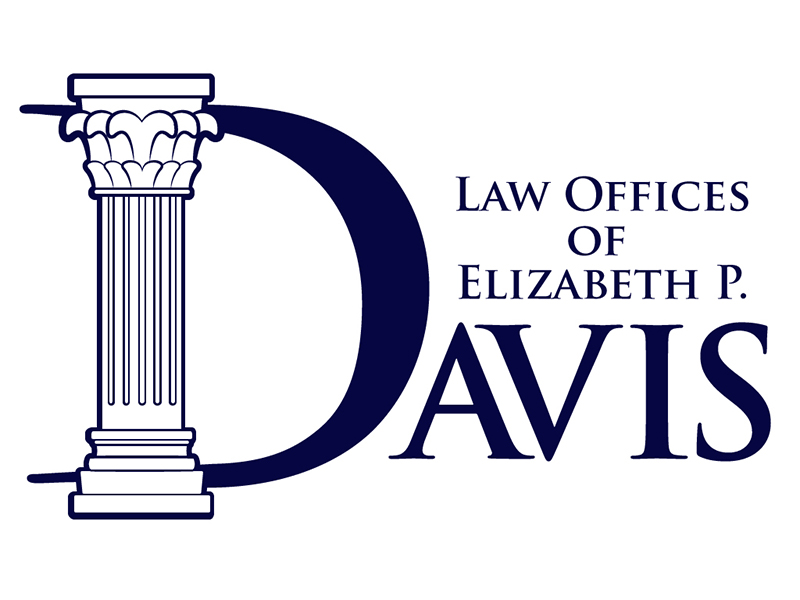Estate Planning
Estate planning is the process of anticipating and arranging, during a person's life, the management and disposal of that person's estate aquired during the person's life, in the event the person becomes incapacitated and after death. The planning includes the bequest of assets to heirs and may include minimizing gift, estate, generation skipping transfer, and taxes.
Estate planning includes planning for incapacity as well as a process of reducing or eliminating uncertainties over the administration of a probate and maximizing the value of the estate by reducing taxes and other expenses.
The ultimate goal of estate planning can only be determined by the specific goals of the estate owner and may be as simple or complex as the owner's whishes and needs directs.
